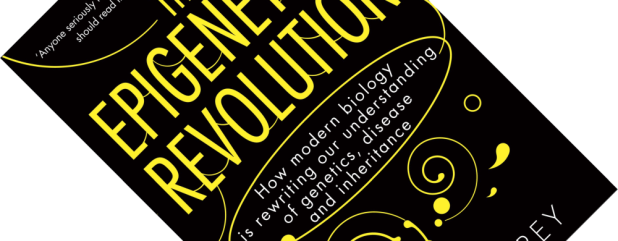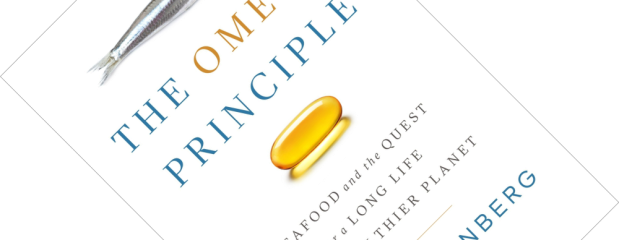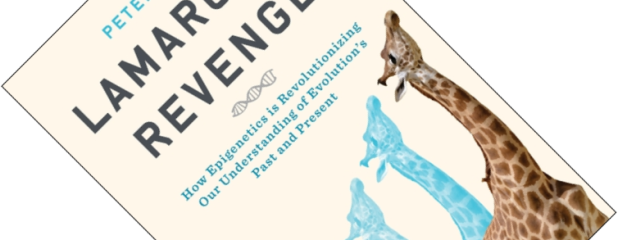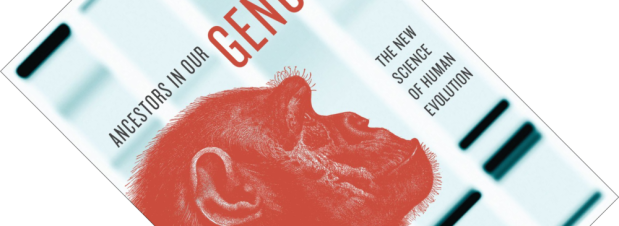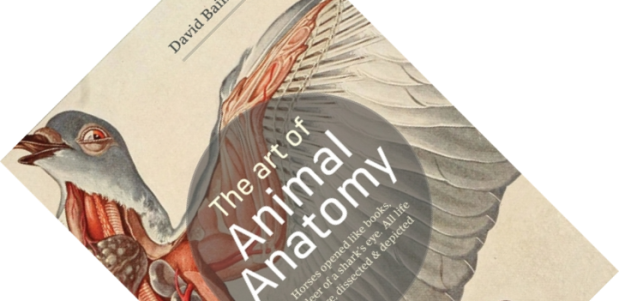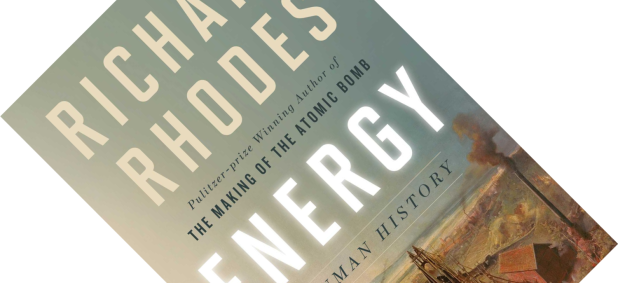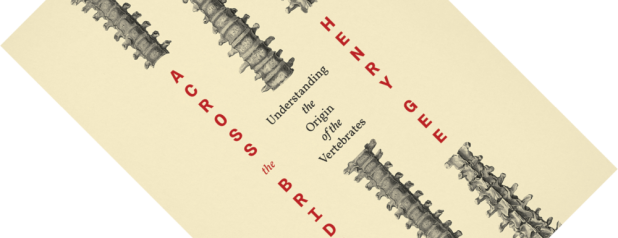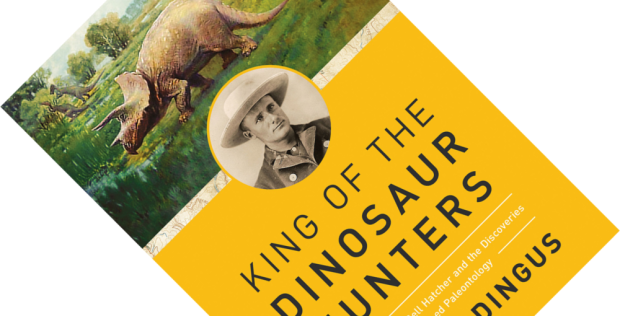After the recently published Lamarck’s Revenge: How Epigenetics Is Revolutionizing Our Understanding of Evolution’s Past and Present left me little the wiser on how epigenetics actually works, I decided to track down a copy of Nessa Carey’s The Epigenetics Revolution. As one of two popular books published around the same time, it seemed like a good place to start. Peter Ward was right about one thing, this is indeed a landmark book, even if it is now a few years old.
Author: inquisitivebiologist
Book review – The Omega Principle: Seafood and the Quest for a Long Life and a Healthier Planet
American author Paul Greenberg has written two previous books about (eating) fish (American Catch: The Fight for Our Local Seafood and Four Fish: A Journey from the Ocean to Your Plate), so he is no stranger to the rather, errr, fishy topic of omega-3 fatty acid supplements. His new book, The Omega Principle, is much more than just a critique of the supplement industry though. This engagingly written reportage digs far deeper, asking where this oil comes from, and reports on that vast segment of the global fishing industry known as the reduction industry, and a food system out of whack with our needs.
Book review – Lamarck’s Revenge: How Epigenetics Is Revolutionizing Our Understanding of Evolution’s Past and Present
As one of several intellectuals who wrote about evolution before Darwin, time has not been kind to the French naturalist Jean-Baptiste Lamarck (1744-1829). Reviled during his lifetime by the influential Cuvier, after his death he became best remembered, and ultimately ridiculed, for the idea that characters acquired during an organism’s lifetime are passed on to its offspring. With the rise of the modern field of epigenetics, some of his ideas are making a comeback, albeit modified and adapted for the 21st Century. Palaeontologist and astrobiologist Peter Ward would even like to go so far as to restore some honour to his name and consider epigenetics a neo-Lamarckian process.
Book review – Ancestors in Our Genome: The New Science of Human Evolution
After I read and reviewed Who We Are and How We Got Here: Ancient DNA and the New Science of the Human Past, I thought I knew about the changes to the story of human evolution based on studies of DNA. And given that Ancestors in Our Genome was published a few years before that book, I was curious what it could add to what I had been reading so far. As it turns out, a lot. As with my previous review, I should preface this one with the same warning that things are about to get complicated…
Book review – Blueprint: How DNA Makes Us Who We Are
When I opened this book and read its sales pitch (I paraphrase: “What if I told you of a new fortune-telling device that can predict psychological traits – it’s called the DNA revolution!”) I raised my inquisitive but sceptical eyebrow somewhat. Did I just pick up another piece of pop-psychology pulp? Oh boy, was I wrong! Behavioural geneticist Robert Plomin has written an incredibly interesting book with Blueprint, explaining how rapid advances in DNA sequencing technology are opening vast new vistas on the genetics underlying psychology. And is it ever so different, and more complex, than what hyped-up newspaper headlines have tried to sell us so far.
Book review – End of the Megafauna: The Fate of the World’s Hugest, Fiercest, and Strangest Animals
Mammoths and sabertooth cats are but two icons of an assemblage of large animals, or megafauna, that disappeared between roughly 50,000 to 12,000 years ago. As with all mass extinctions, several explanations have been put forward, but one man and his idea take centre stage in these discussions: Paul S. Martin’s overkill hypothesis. In End of the Megafauna, palaeomammalogist Ross D.E. MacPhee carefully scrutinises this idea, weighs up the arguments for and against, and explains its enduring allure. To quote Huxley, is this another example of “the slaying of a beautiful hypothesis by an ugly fact”?
Book review – The Art of Animal Anatomy: All Life is Here, Dissected and Depicted
Animal anatomy has fascinated artists and scientists for millennia, resulting in a treasure trove of striking images. Veterinary anatomist David Bainbridge here takes on the brave task of curating a birds-eye-view of anatomical artwork that simultaneously delights, educates, and (for some perhaps) horrifies.
Book review – Energy: A Human History
The story of human progress is intimately entwined with that of energy. Pulitzer-prize winning author Richard Rhodes here takes the reader on a 400-year tour of energy generation, shining a light on the many forgotten figures whose ingenuity and inventions were instrumental in the many energy transitions.
Book review – Across the Bridge: Understanding the Origin of the Vertebrates
When you think of an animal, you will most likely think of a vertebrate. Since we are animals with a backbone ourselves, it is not strange that that which is closest to us comes to mind first. But when and how did vertebrates evolve? To answer that question, Nature editor Henry Gee takes a good hard look at invertebrates, convincing the reader that they are not all equal. More than 20 years ago, Gee wrote Before the Backbone: Views on the Origin of the Vertebrates, which took a look at historical explanations for the origins of vertebrates. Which group of invertebrates is closest to us remains a topic of active research and Across the Bridge brings readers up to date with our current thinking.
Book review – King of the Dinosaur Hunters: The Life of John Bell Hatcher and the Discoveries that Shaped Paleontology
When I think of turn-of-the-20th-century palaeontology, names such as Othniel Charles Marsh and Edward Drinker Cope are the first to come to mind. Their infamous rivalry, known as the Bone Wars, relied heavily on field collectors who did the back-breaking labour of prospecting and quarrying for fossils. Most of these bone hunters are barely remembered, and John Bell Hatcher might very well have remained thus. This meticulous biography by American palaeontologist Lowell Dingus saves Hatcher from obscurity and documents both his hugely successful work as a bone hunter, as well as his later stellar but tragically short-lived career as a curator.

